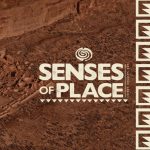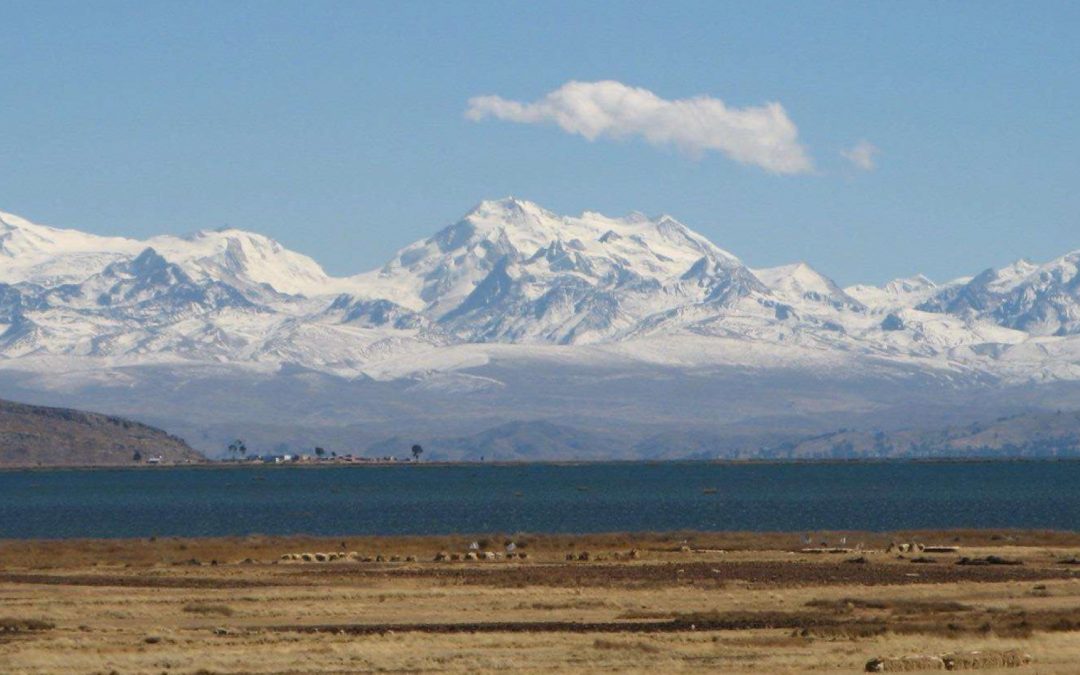As part of the Senses of Place summer series, SAR welcomes three renowned anthropologists for a virtual presentation with a live Q&A exploring different archaeological and ethnographic case studies of special built and natural places in the Andes.
“Space and place are related terms, with space becoming place as it gains symbolic or psychological meaning. What begins as undifferentiated space with abstract geographical qualities becomes place as past and present people get to know it better and construct value and meaning through their interactions. Thus, a space comes to have a particular identity such as Times Square in New York City, the geysers in Yellowstone National Park, and Machu Picchu in Peru.” —Tom D. Dillehay
Speakers:
Tom D. Dillehay is the Rebecca Webb Wilson University Distinguished Professor of Anthropology, Religion, and Culture and Distinguished Professor of Anthropology and Latin American Studies in the Department of Anthropology at Vanderbilt University; Professor Extraordinaire and Honorary Doctorate at the Universidad Austral de Chile; International Professor in the Programa de Estudios Andinos in the Pontificia Universidad Católica de Peru, Lima; and adjunct faculty at the Universidad Católica de Temuco, Universidad de Tarapaca, Universidad San Sebastian in Chile, and Universidad Nacional de Trujillo in Peru.
Professor Dillehay has carried out numerous archaeological and anthropological projects in Peru, Chile, Argentina, and other South American countries and in the United States. His main interests are migration, the long-term transformative processes leading to political and economic change, and the interdisciplinary and historical methodologies designed to study those processes. Professor Dillehay has published twenty-four books and more than three hundred refereed journal articles and book chapters. He currently directs several interdisciplinary projects focused on long-term human and environmental interaction on the North Coast of Peru and on the political and cultural identity of the Mapuche people in Chile.
Christine Hastorf is a professor of anthropology at the University of California, Berkeley. Professor Hastorf focuses on social life, political change, agricultural production, foodways, and the methodologies that lead to a better understanding of the past through the study of plant use. She has written on agricultural production, cooking practices and what shifts in these suggest about social relations, gender relations surrounding plant use, the rise of complex society, political change and the symbolic use of plants in the legitimation of authority, fuel use and related symbolism, and plant domestication as part of social identity construction and ritual and social identity. She is particularly interested in wild plant use and management across a landscape in Indigenous worlds and in identifying the stages of plant processing, their participation in social construction, and especially their participation and reflection of the symbolic and the political, in addition to the playing out of the concept of culture in the natural world. She has completed a range of methodological investigations to improve our use of archaeobotanical remains in archaeological investigations. She has primarily completed research in the Andes of South America but has also worked in Mexico, Turkey, and Italy.
Carla Hernández Garavito is a professor of anthropology at Wake Forest University, Indiana, whose work as a Peruvian anthropological archaeologist investigates transformations of community identity in the Central Andes through successive colonization by the Inka (1450–1532 CE) and Spanish (1532–1821 CE) empires. She has conducted research in the Peruvian North Coast and Cusco, but her main research area is Huarochirí, in the highlands of Lima. Besides archaeology, Dr. Hernández Garavito is particularly interested in the use of historical and archival sources on archaeological research. She connects her archaeological and historical interests through spatial modeling. Dr. Hernández Garavito’s current project, Crafting, Gender, and Resistance: An Archaeological Study of the Potters of Huarochirí, investigates the pre-Hispanic and colonial period history of the region of Santo Domingo de los Olleros, a known pottery manufacture hub in colonial and modern times. Her work explores the shift of a specific productive and commercial activity from a generalized craft to being associated with female gender roles, and the impact of specialization on Indigenous definitions of gender and ethnic identity. In her work, Dr. Hernández Garavito uses an interdisciplinary approach, including photogrammetry, archival research, archaeological ethnography, spatial modeling, intrasite survey, excavation, and compositional ceramic analysis.
This program is generously supported by the Ethel-Jane Westfeldt Bunting Foundation.

SAR Members Conversation with Tom Dillehay, Christine Hastorf, and Carla Hernández Garavito
Thursday, June 17 at 4:00 p.m. (Mountain Daylight Time)
Following the talk, SAR invites current members to take a deeper dive into the topics during an informal Zoom conversation with speakers Tom Dillehay, Christine Hastorf, and Carla Hernández Garavito.
Free and open to SAR members only. Limited to 50 screens. RSVP to Amy Schiffer, schiffer@sarsf.org
